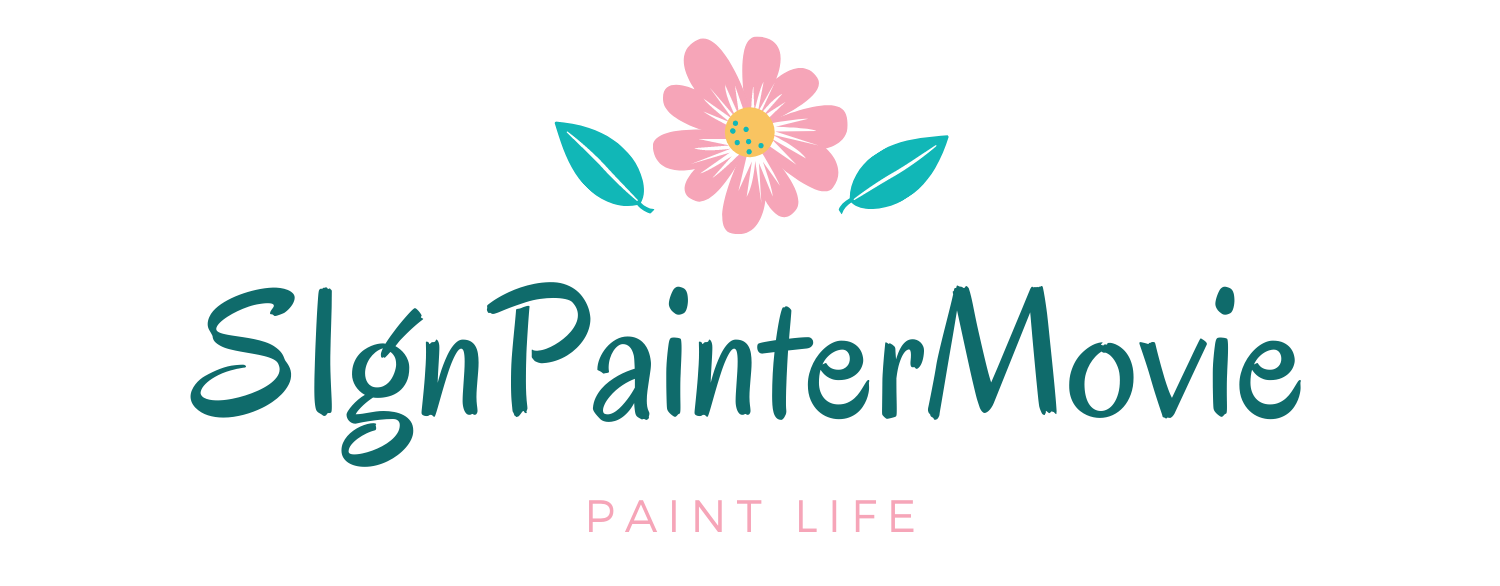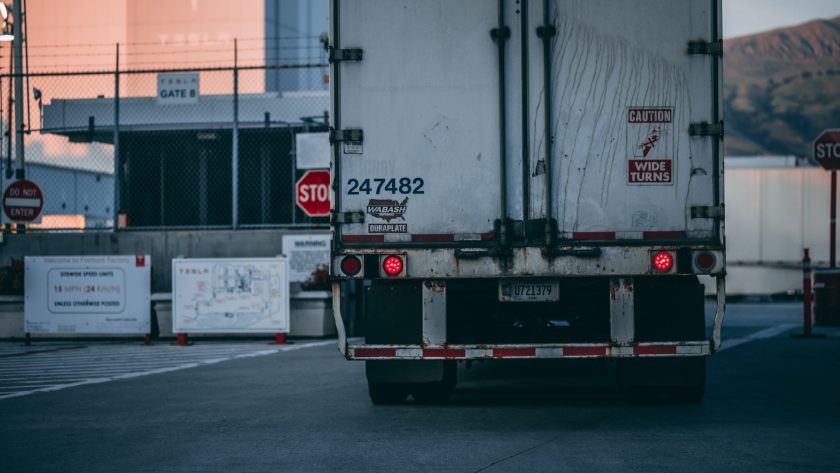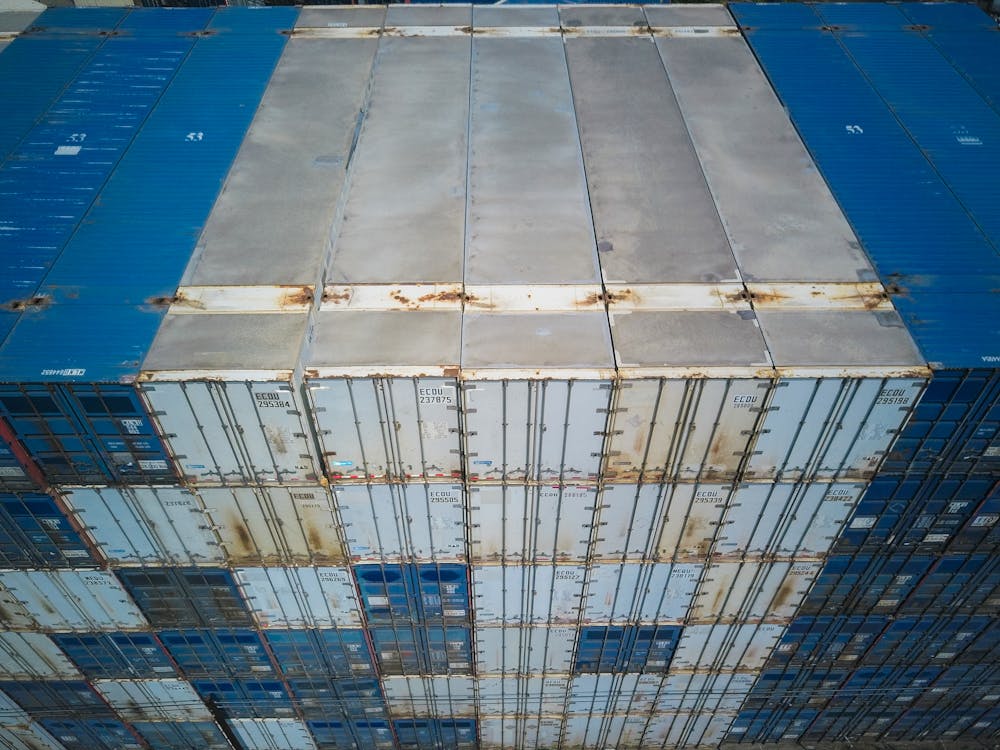Have you ever considered starting a trucking firm of your own? Don’t know where to begin or what you’ll require to get started? You’re not alone, and this is a step-by-step tutorial that will walk you through the entire procedure. On your road to launching a successful business in the multibillion-dollar transportation industry, you’ll also learn about potential issues and how to address them.
“It’s common knowledge that the greater the risk, the greater the payoff.” So, in just two years, a trucking firm may be a huge success and turn you into a millionaire. It might also become a nightmare if you don’t know what to do. So, what makes one person thrive while the others fail?”
This tutorial will walk you through the process and show you how to calculate the amount of money you’ll need for a project like this. Everything can now be done online in a couple of days, thanks to technological advancements. With a little effort, it’s something you can accomplish yourself.
Forming a Legal Entity Is the First Step
The order of precedence is as follows: For your business, you must create a legal entity. Corporation, Partnership, or LLC will be your major choices at this time. A variety of things influence the choosing. The number of prospective shareholders, legal responsibilities, and tax ramifications for each business must all be taken into account. Corporations and limited liability companies (LLCs) are created by filing paperwork with the state. A formal agreement called a partnership agreement is frequently used to create partnerships. In contrast to a corporation or a limited liability company, a partnership does not need to legally organize under state law.
Corporations and LLCs can file online with the Secretary of State since the process is governed by state law. There is a webpage for each state.
You’ll need the following items to complete your filing:
The incorporator, the company name (which must be accessible in that state), the physical address for your firm (which can be your home address but not a PO BOX), and the company name (which must be available in that state) are all required (must be a naturalized person aged 18 years or more).
Each state has its own filing fees and processing times. It is often between $50 and $300. In Illinois, for example, you have two completion options: $175 for ten business days or $275 for 24 hours.
It’s a rather simple filing procedure. If you’d prefer have someone help you, a CPA or tax accountant can handle it for $50-$300.
Step 2: Fill out an application for an EIN (Employer Identification Number).
After the State has authorized your Articles of Incorporation, you must get a Federal Employer Identification Number (FEIN), often known as an EIN. The IRS assigns a nine-digit number called an EIN (Employer Identification Number). Employers’ tax accounts are identified using this code. You’ll need this number to create a bank account, submit your taxes, and all of your clients will ask for it before paying for your services.
Step 3: Request a DOT number from the United States Department of Transportation.
It’s time to get down to business. You now have your company, which is a legal entity, but it is not yet a trucking firm. The US Department of Transportation and state Internal Revenue Services require a few licenses, registrations, and permissions to operate as a trucking firm. The application to the USDOT is the next and most crucial stage. FMCSA requires online registration for this license.
This program is free, and you can use their step-by-step instructions to get started. You will obtain a USDOT number for your trucking firm shortly after completing the application successfully. It’s a simple task.
Step 4: Obtain a Mastercard number (Motor Carrier number)
It’s submitted with the FMCSA and may be completed online as well.
This is a bit of a challenge. It will take you around 30 minutes to finish, but you must be cautious in making the appropriate choices for your operation type. It costs $300 to participate. It may take up to 20-25 days for FMCSA to assess your application once you’ve completed it.
Step 5: Insure yourself.
The catch is that FMCSA will need to get an insurance certificate for your firm directly from an insurance agency in order to authorize your MC license. As a result, you must begin preparing an insurance quotation for your trucking fleet as soon as you apply for an MC number. You should contact a trucking company-specific insurance agent for this reason. Liability insurance for a minimum of $750k is all that is necessary for an MC number. However, if you want to move freight for someone, you’ll require cargo insurance. Cargo insurance for $100,000 is industry norm, and this should be enough for your business to handle most common freight. To safeguard your trucks and trailers, you’ll also require physical damage insurance. Physical damage insurance is optional, however it is recommended for your safety and peace of mind.
As a result, many pieces of information will be required for your insurance quote, the most significant of which being your vehicles’ VIN numbers and your drivers’ histories. Hire drivers with CDL experience and clean driving histories if you want to acquire the best insurance quotation. Many insurance firms refuse to insure drivers who have less than one year of driving experience.
According to our experience, the insurance price for the first year of your business will cost around $12,000 per year per vehicle, or roughly $1000 per month per truck, assuming all other parameters are reasonable. Most insurance providers, on the other hand, will want a 20% down payment to get a coverage. As a result, each vehicle will demand a $2,400 down payment. They’ll submit your insurance certificate to FMCSA after you’ve obtained insurance.
Step 6: Locate a BOC-3 representative.
This is the final and most straightforward phase, which takes only a few minutes to complete. The BOC-3 agent is required by FMCSA. The BOC-3 (Designation of Process Agents) is a document that is submitted with the FMCSA and identifies a process agent in each state. So simply Google “BOC-3 agents” and click on the first link that comes up. This will cost between $25 and $30. In addition, as soon as you submit your MC authorization application (Step 4), you will very certainly receive a phone call advertising this service, since they will pull your information from the FMCSA database. Once you’ve paid their expenses, they’ll fill out an FMCSA form that’s necessary.
You’ve met all of the Department of Transportation’s standards at this time.
Congratulations! You now own your trucking firm and are ready to hit the road in search of money and adventure in the trucking industry! You can take quick look in the Northwest haulage companies as a good example, which all started small and grew into large companies.




